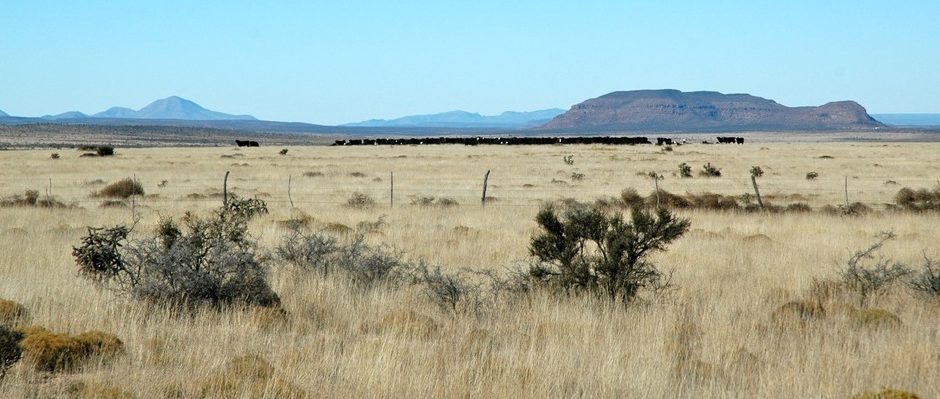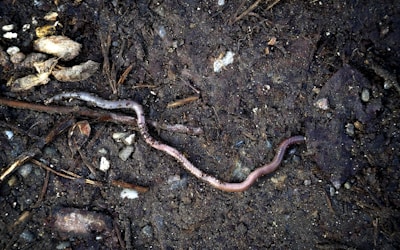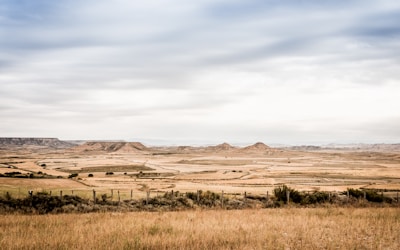Genuine Land Stewardship
Reprinted in its entirety below is an excellent article by our friend, Steve Nelle, entitled Genuine Land Stewardship. Steve is a range and wildlife scientist who has enjoyed a long and successful career in the National Resources Conservation Service.
Steve Nelle on Genuine Land Stewardship
In this article Steve quotes extensively from the great American conservationist, Aldo Leopold. Leopold was a forester and conservation pioneer who wrote and philosophized about an ecological vision which we today describe as “holistic.”
Quoting Leopold, this article states that “a land ethic reflects the existence of an ecological conscience . . . which in turn produces a conviction of an individual responsibility . . . and a limitation of freedom of action.”
Nelle continues, “everyone has a conscience — that internal indicator of right or wrong. The land steward has a keen and sensitive conscience toward the land, and he thinks as much about his responsibilities towards the land as he does his rights as a landowner. He or she has self-imposed limitations on what can and cannot be done with the land.”
Steve then quotes Aldo Leopold on the distinctions Leopold made between Group A – conscientious landowners, and Group B – true land stewards:
“Group A regards the land as soil and its function as commodity production.” In his own field of forestry, Leopold says that Group A “is content to grow trees, like cabbage, with cellulose as the basic forest commodity.” In the field of wildlife management, he says that “the basic commodities are sport hunting, and meat, and the yard sticks of production are ciphers of take in game.” For those in Group A, “artificial propagation is acceptable as a permanent or temporary recourse.”
Group B, according to Leopold, “regards the land as a biological complex and its function as something much broader than commodity production.” Group B is “concerned about a whole host of secondary functions, including predators, exotic species, rare species, watersheds, recreation, etc. This group manages a natural environment rather than creating an artificial one.”
Steve continues, “If Leopold were to come to Texas today, he would still see this same dichotomy in how the land is viewed. There are many conscientious landowners in Group A, but true land stewards find their home in Group B.
As we debate predator removals, the eradication of “undesirable” species to “help” more-favored species, genetic tampering with & artificial feeding/medicating/dosing of deer herds to produce specimens with bigger horns, and the “cattleization” of wildlife in general, we should bear Leopold’s distinction in mind: There is a great difference between managing towards a natural environment, and creating an artificial one, even if the creator of the artificial environment is diligent and well-intentioned.
This distinction is not limited to landowners: membership in agencies like Texas Parks and Wildlife Department, or conservation groups like the Texas Bighorn Society does not make anyone a genuine land steward unless they are managing towards a natural environment, rather than creating an artificial one.
Ethics aside, there’s a better reason to do this Leopold’s way. In the six decades since Leopold wrote what Steve quoted, we have learned that these artificial environments are neither economically nor physiologically sustainable. And so the pragmatic reason to be a member of Group B is this: Nature’s way is the only one that works! Nature cannot be out-smarted, but it can easily be out-dumbed.
Please take time and read Nelle’s excellent article.



